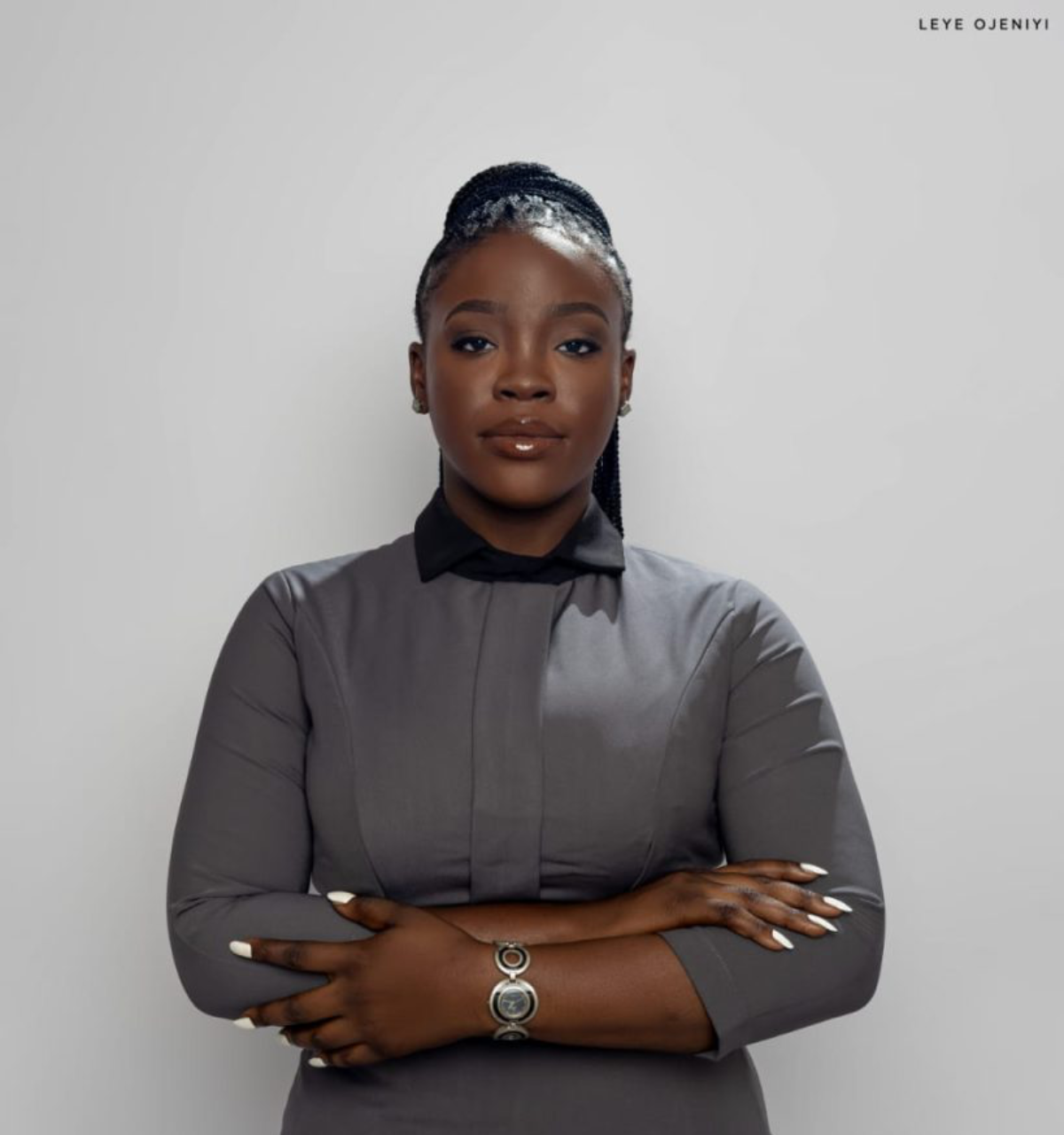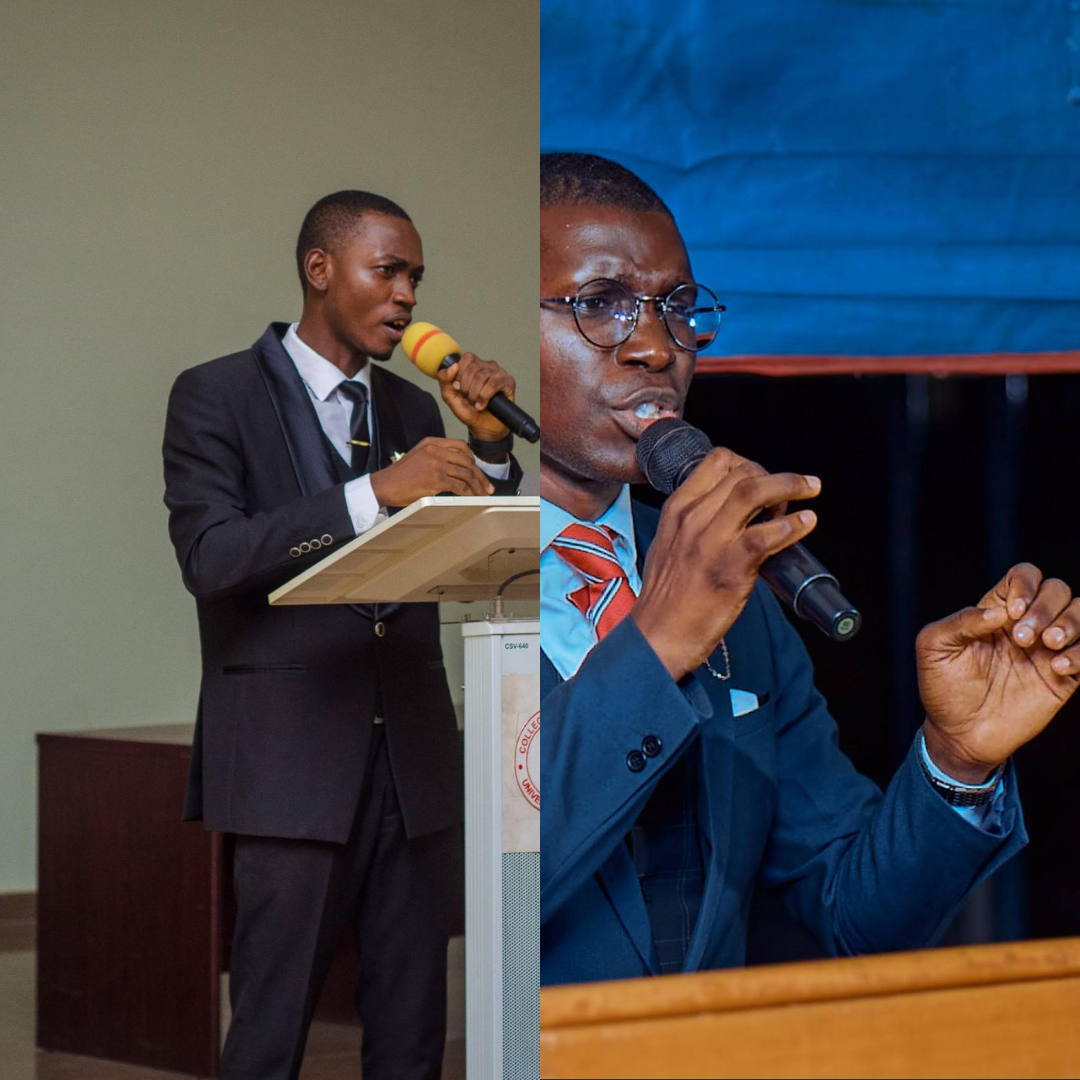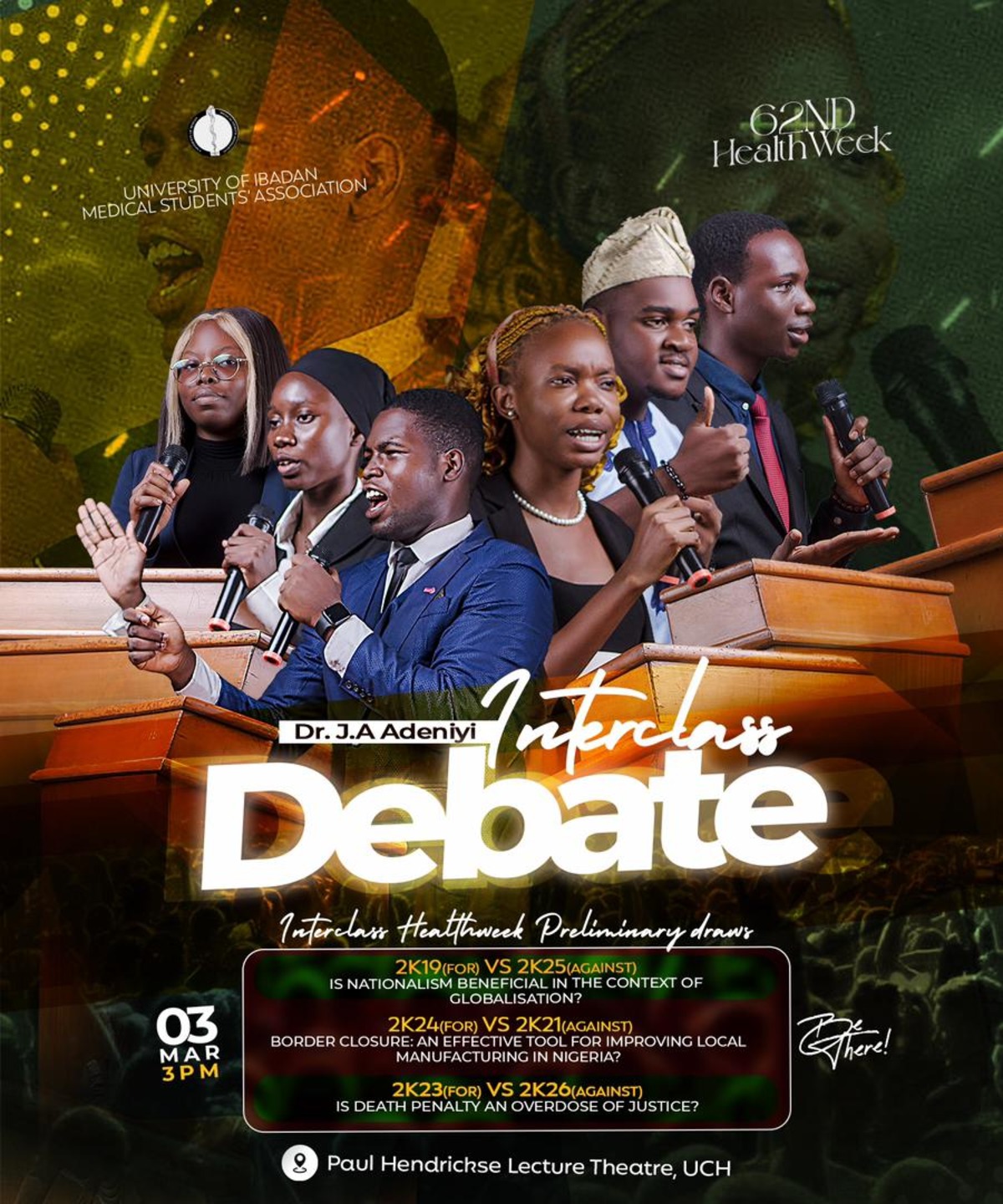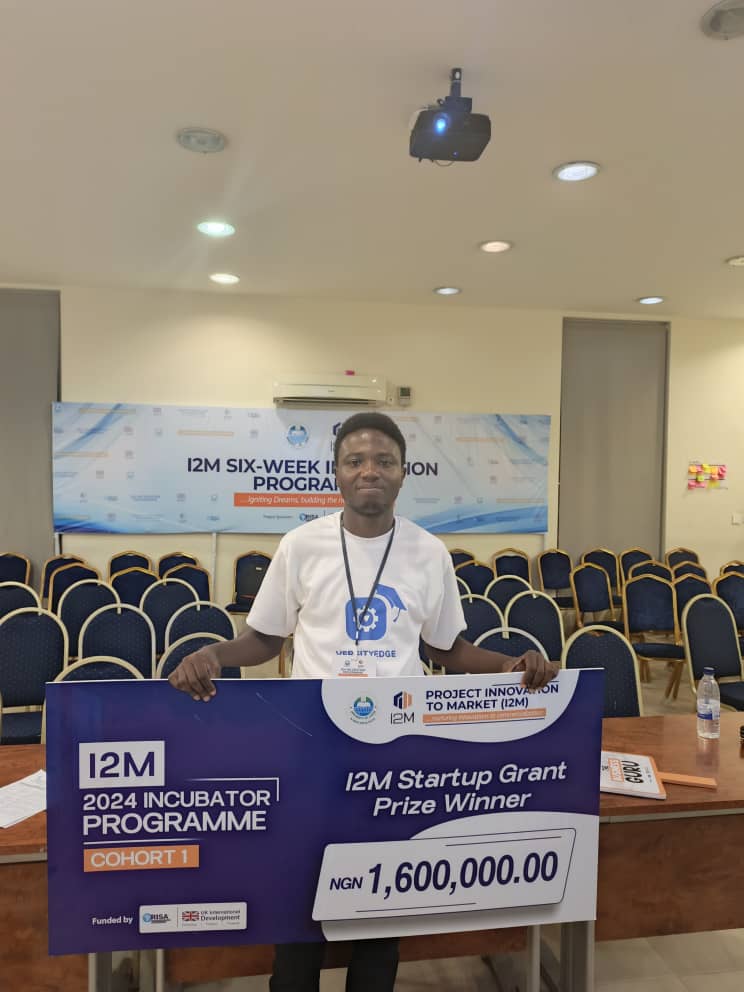The Multipotentialites : A Chat with the UIMSA 2023 Provost Awardees 2.0

Meet the provost award winner for the female category, a goal setter, strategist and “workaholic” who knows too well about making sacrifices. She also happens to be the former UIMSA president. So buckle up and get your eyes ready. It’s going to be a long read.
Tell us about yourself. What unique aspect of yourself do you think contributed largely to your winning this award?
I am Dr. Jaachima Nwagbara. I just concluded medical school at the University of Ibadan currently doing my housemanship at the Babcock University teaching hospital. Okay, I think a part of me that contributed to my winning the award is my ability to multitask efficiently. Everyone that applied are equally worthy of the award. Well, as I said, I have the ability to multitask efficiently; you know, not everyone can do that. I’ve seen people do so many things but they are not efficient at the things they do. I think efficient multitasking is one thing that’s unique about me.
Why did you apply for provost award?
It was a mix of what I was expected to do and what I wanted to do. It has been a good addition to my CV, and stood out particularly for instance during my house job interview. Besides there are some people that would have “fought” with me had I not applied—you know what I mean.
When did you get to know about the provost award and when did you start actively working towards it (or not)?
I was a member of the UIMSA Executives and so I was on the Senate so the talk about the award came up- it was my first time hearing about it and it was at the senate floor. So yeah, I started working towards it in 400 level but I started the compilation of my documents like 3 weeks before the deadline.
What was your reaction when you were announced as winner of provost award?
I was a bit surprised because my opponents were worthy of the award as well so in my mind when I applied I just said whatever happens, happens.
Just to drop something light for your fans, can you tell us other awards you have received?
So I won awards for sports like basketball, and for athletic events. One for FOP(Face of Preclinicals) where I was the finalist of the year and then for my executive positions, I got awards of recognition. I also represented my group in the class for quiz and another for award of excellence from ABH female ministry. These are the ones I can remember.
I think I remember that you won the Hult price award as well.
Smiles. How can I forget? Yes, I won the Hult price, Jaw war and then ABH Literary and Debating Society.
Were there any specific mentors or role models who inspired or guided you in your journey to excel both academically and in extracurricular activities?
Yes, there were so many for me to start mentioning names.
How do you manage time effectively to excel in all these diverse areas, and do you have any time management tips for fellow students?
Chuckles. So it was quite tough, I think at each point in time, I make tough decisions. You know instead of doing something that’s fun, I would rather focus on what I want to do. And it’s making sacrifices to be able to manage what you are doing outside medical school. You know school is important and sometimes you have to maybe sacrifice your sleep but you still know you have to sleep, make your leisure time and your fun time. You could sacrifice some extracurricular demands because you can’t be in everything at the same time. So you will need to forgo some things. I remember when I took up executive positions in the association especially when I wanted to become president. I had to forgo all the activities I was involved in class. I didn’t do some things I was doing again. Just prioritize what’s important for you and of course, you know medical school is your priority. And then I had a good supportive system- my friends and my family were very supportive. I had a spiritual life and I was able to get guidance from my pastors. It was a very big addition. I remember I didn’t fail any exam- yes. I didn’t fail any test in preclinicals. Of course, in medical school, I think I had one or two where I had issues with. So when crossing, I had to drop a couple of things because I knew clinical school was more demanding.







Well-done. You survived COMUI. I mean you’re now a doctor. During your journey, did you ever regret being involved in so many extracurriculars?
I had no regret as I didn’t do them at the same time. I’ve seen people do too much. That’s not advisable and it spreads across medical school. I mean the year I won the Hult price wasn’t the year I was active in sports and wasn’t the year I was active with the L and D. I just took things part time and when I achieve what I want in a particular area, I leave it for a bit and do something else. So I don’t have regrets and that’s because I managed all those things well.
Can you share with us how extracurriculars has helped shaped you as a better leader and in total as a person/ how did it enrich your experience in medical school?
I cannot regret the extracurriculars I was involved in because they have literally made me who I am, shaped my perspective toward life, given me opportunities and made me meet people I’ve learned from, and generally been a blessing. Through leadership, You know how to work with people, you understand diplomacy, and the things that are important to genuinely lead a group of people. No matter what happens, such experience shows in where you go next. For instance, during my house job here, having not spent up to two months, I’ve been offered at least two positions. It just shapes you and is evident once you leave those activities or positions.
Are there certain things that are overlooked that can encourage extracurriculars in medical school and make it easier for Ibadan medicine students?
I would say orientation. Not everyone wants to do these extracurriculars. People often don’t realize the benefits of engaging in these things. I, of course cannot expect that they put it as part of the curriculum, but if upon entering medical school you hear from people about the beneficial parts aside medical school, I know many people would take them up. So yes I feel one problem is not having the information they need. And another is the demand. Medical school is demanding, and concerning this there’s not much you can do you just have to manage, learn some managing skills, have a mentor to guide you, and so on.
Asides the provost award, what would you say is the importance of being well-rounded and actively involved in community life?
It helps to represent the interest of people that are being overlooked; it helps to contribute to decision-making that affects you as a person, I learned that from secondary school, here while I wasn’t at the forefront of decision-making I felt that better decisions could have been made had I been more involved in things that affected me. That was one of the things that motivated me to be actively involved in community life. It helps you to be part of decisions that affect you.
What advice would you give that UIMSAite out there juggling academics and extracurriculars?
This was something I learned from someone that I very much appreciate, about analysing your priorities. What’s number one, two, three and four? And then you make sure that you write it down and give the appropriate time to it every day. If your academics is number one, you should spend more time reading, e.g. three, four hours; if you’re interested in other things like writing, politics, give time to that. Just ensure that you are effective all round because it doesn’t make sense to start something and not be able to do it well. I think it’s an embarrassment actually. Know your priorities and give them the appropriate timing. That means they won’t all have the same time allocated per day. Work towards what you want every day no matter how small it is. Ensure you’re effective in what you’re doing, not occupying positions for occupying sake or doing it because other people are doing it. Try and be effective by giving your time, resources, energy and foregoing some things—sacrificing. These are the things important for people interested in things outside medical school.
If you were to go through medical school again, what would you do differently?
I genuinely don’t think I can change what I did or how I passed through medical school. In retrospect, it was for me a wholesome experience. I got exposed to all the possible areas one can think of in medical school and that’s not something a lot of people get. A lot of people just go through medical school alone, i.e. just the four walls of classroom and they’re out, but I just got a wholesome experience with medical school itself, people, activities, everything I did. I don’t have one single regret, everything was just working for my improvement and my progress. There may have been disappointments and things that didn’t work out at the time but everything just led to a good story I could tell people and be happy about so I don’t have a single regret honestly.
What future goals or aspirations do you have, and how do you plan to continue contributing to your community and maintaining your academic excellence?
I think there is a tendency after school to just be like I’ve tried, I’m out of it. But I realized that that’s not someone I can be. I hate to say that I’m someone that likes work—I’m not saying that I like work to kill me but I actually think I can’t function without being active whether it is with medicine or otherwise.
So concerning my future aspiration and plans—I will still prioritize practicing for quite some time, because I want to be a cardiothoracic surgeon and it takes a lot of work. I’m now grasping the amount of work it takes to do that, so I have to give a lot to that as well. And research, of course. Research is in my opinion part and parcel of medicine and surgery. You can’t do medicine without research. So those two things are very part of my future.
Then contributing to my community, I feel like wherever I am I will be contributing to my community in one way or the other, like I said here now there are already things that I’m involved in and I’m practically doing that—contributing to my community so I think it’s something part of me and wherever I find myself I’m going to contribute to decision-making, and represent the interest of people. Of course family is also part of it, building a family and all of that are in my plans. So I feel that those are the things I envisage as part of my nearest future.
Thank you so much Dr Jaachima. This was a really wholesome conversation and it was lovely having to listen to you and learn from your experience.
Thank you for having me. It was a great pleasure.
Esther Oyesade, Igdaliah Otitoola and Osaretin Ehiorobo


